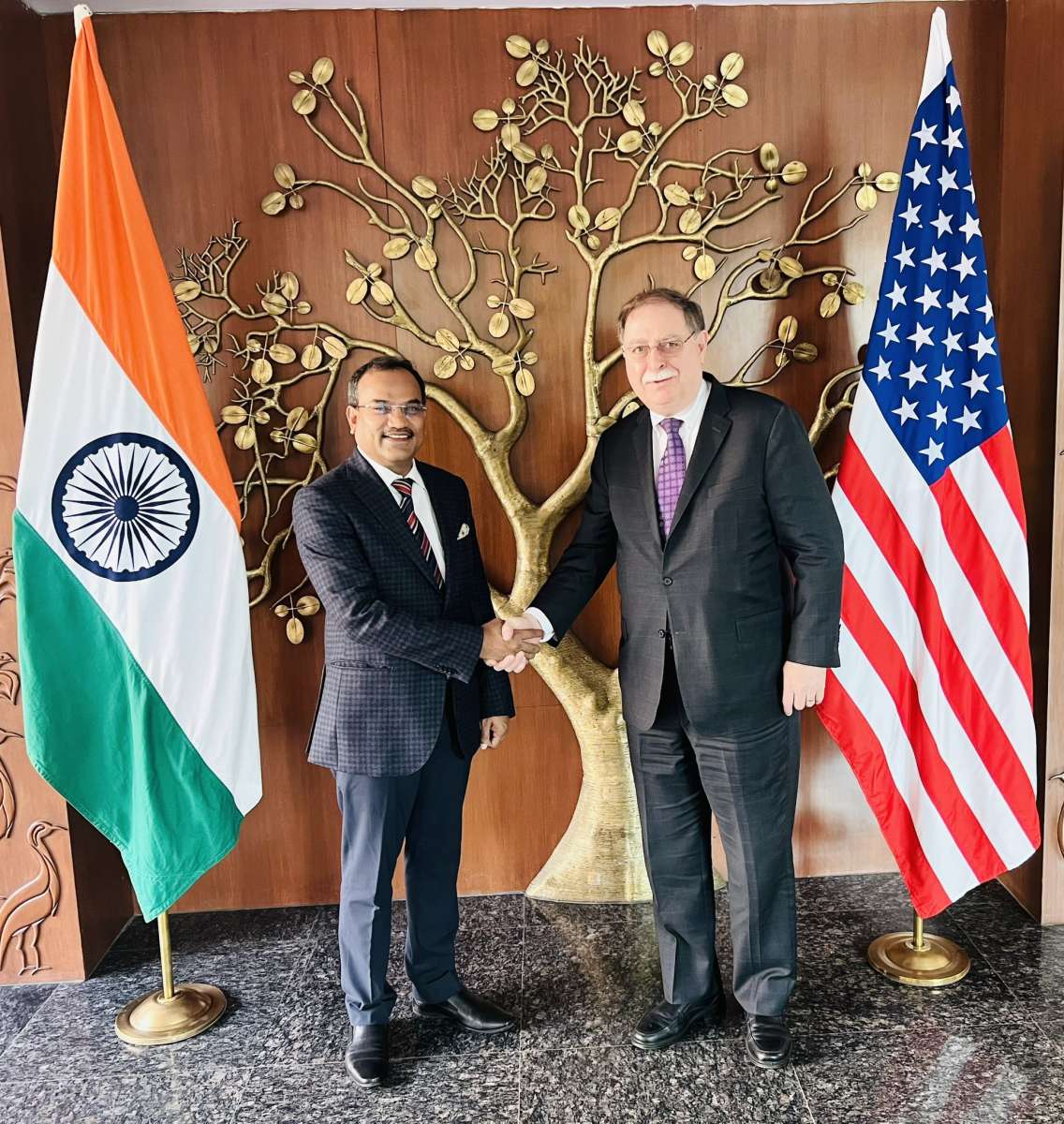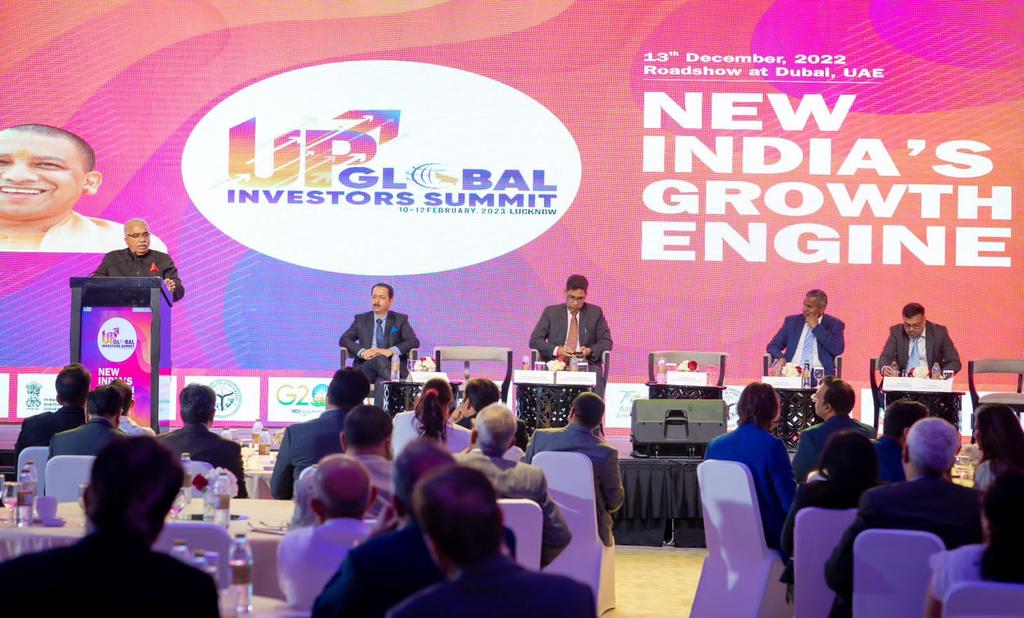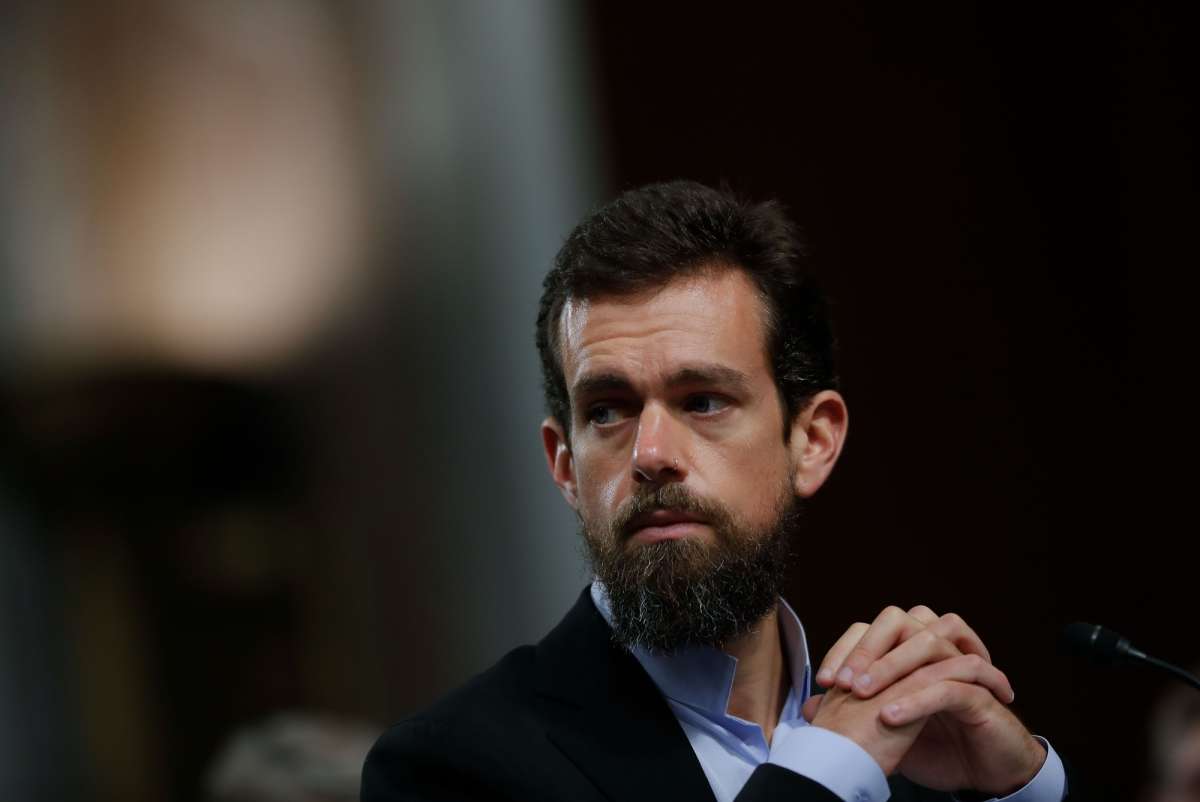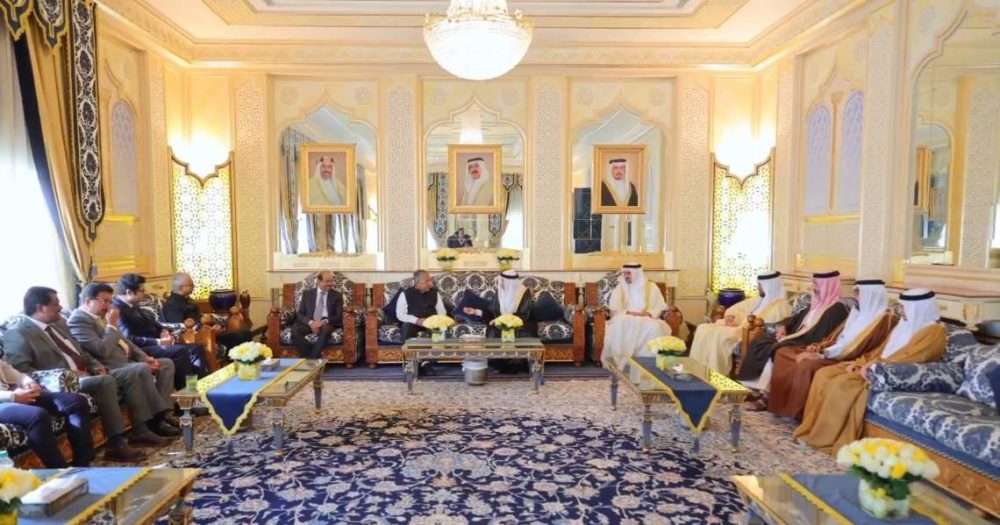The United States has appreciated the leadership of India in global efforts to counter terrorism and the recent initiative of hosting a special meeting of the UNSC Counter-Terrorism Committee, reports Asian Lite Newsdesk
India and United States on Tuesday exchanged views on the threats posed by UN-designated terrorist entities and agreed on the need for concerted action against terrorist networks, including Lashkar e-Tayyiba (LeT) and Jaish-e-Mohammad (JeM).
These discussions took place during the Counter Terrorism Joint Working Group and the 5th session of the Designations Dialogue on December 12-13 in New Delhi. In a statement, the Ministry of External Affairs (MEA) said both sides called on all countries to take immediate, sustained, and irreversible action to ensure that no territory under their control is used for terrorist attacks.
They also shared information about their priorities and procedures for pursuing designations against terrorist groups and individuals.
“The two sides exchanged views on the threats posed by UN-designated terrorist entities and emphasized the need for concerted action against terrorist networks, including Al-Qa’ida, ISIS/Daesh, Lashkar e-Tayyiba (LeT), Jaish-e-Mohammad (JeM) and Al Badr,” the MEA said in a statement.
For the counter-terrorism meeting, Mahaveer Singhvi, Joint Secretary for Counter Terrorism, Ministry of External Affairs of India and Timothy Betts, Acting Coordinator for Counter Terrorism, US State Department led their respective inter-Agency/inter-Departmental delegations.
The two sides reaffirmed their deep strategic partnership for advancing security and prosperity for the two countries. They reiterated that terrorism remains a serious threat to international peace and security.
Both sides strongly condemned the use of terrorist proxies, cross-border terrorism and all forms of international terrorism. They called for the perpetrators of the 26/11 Mumbai and Pathankot attacks to be brought to justice.
The MEA said that both sides discussed steps to disrupt the ability of terrorists to travel internationally, including through information sharing.
“Participants also deliberated pressing counter-terrorism challenges, including countering terrorist financing, preventing and countering radicalization, use of the internet for terrorist purposes, narco-trafficking and its linkages to terrorism and use of new and emerging technologies such as Unmanned Aerial Systems, Virtual Assets, and the Dark Web for terrorist purposes,” it added.
They also discussed mutual legal and extradition assistance, law enforcement training, and capacity-building cooperation.
According to MEA, the United States appreciated the leadership of India in global efforts to counter terrorism and the recent initiative of hosting a special meeting of the UNSC Counter-Terrorism Committee. The United States welcomed the Delhi Declaration which deliberated upon the use of new and emerging technologies for terrorist purposes.
The two sides also discussed counter-terrorism cooperation at multilateral fora such as the UN, GCTF, FATF and Quad.
Terror through social media
India’s Minister of State (MoS) Nityanand Rai said in the Lok Sabha that the problem of terrorism in India is largely sponsored from across the border.
“The problem of terrorism in India is largely sponsored from across the border. The Global Terrorist groups and some foreign agencies inimical to India have been making efforts to radicalise people and spread terrorism through the use of social media platforms, the internet etc,” said Nityanand Rai. MoS Nityanand Rai said that cyberspace is virtual, borderless and offers complete anonymity.
“Cyberspace is virtual, borderless and offers complete anonymity. With borderless cyberspace coupled with the possibility of instant communication and anonymity, the potential for the spread of terror through the use of social media is higher than ever, posing a threat to the sovereignty and integrity of the country,” said MoS Nityanand Rai answering a question.
He also said that Law Enforcement Agencies keep a close watch on activities on Social Media Platforms and take suitable action as per the legal provisions.
“Law Enforcement Agencies keep a close watch on activities on Social Media Platforms and take suitable action as per the legal provisions. Further, the Government under the Section 69A of the Information Technology Act 2000, blocks unlawful and malicious online content including social media accounts, in the interest of the sovereignty and integrity of India, the defence of India, security of the State, friendly relations with foreign states or public order or for preventing incitement to the commission of any cognizable offence relating to above,” said MoS Nityanand Rai.
He further added that the National Investigation Agency (NIA) Act 2008 was amended in 2019 for effective and prompt investigation.
“For effective and prompt investigation and prosecution of offences relating to cyber terrorism, the National Investigation Agency (NIA) Act 2008 was amended in 2019 to include Section 66F of Information Technology Act, 2000 in its Schedule,” said MoS Home Rai. (ANI)













